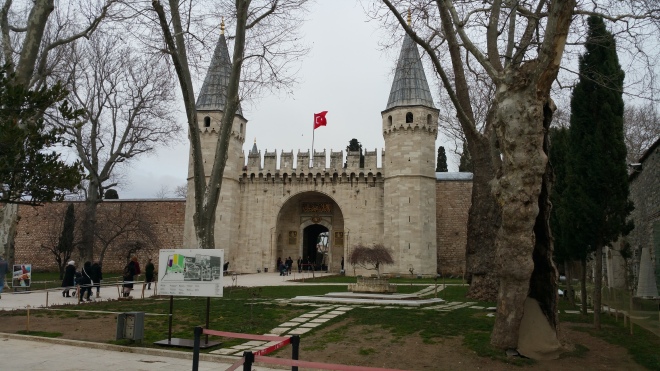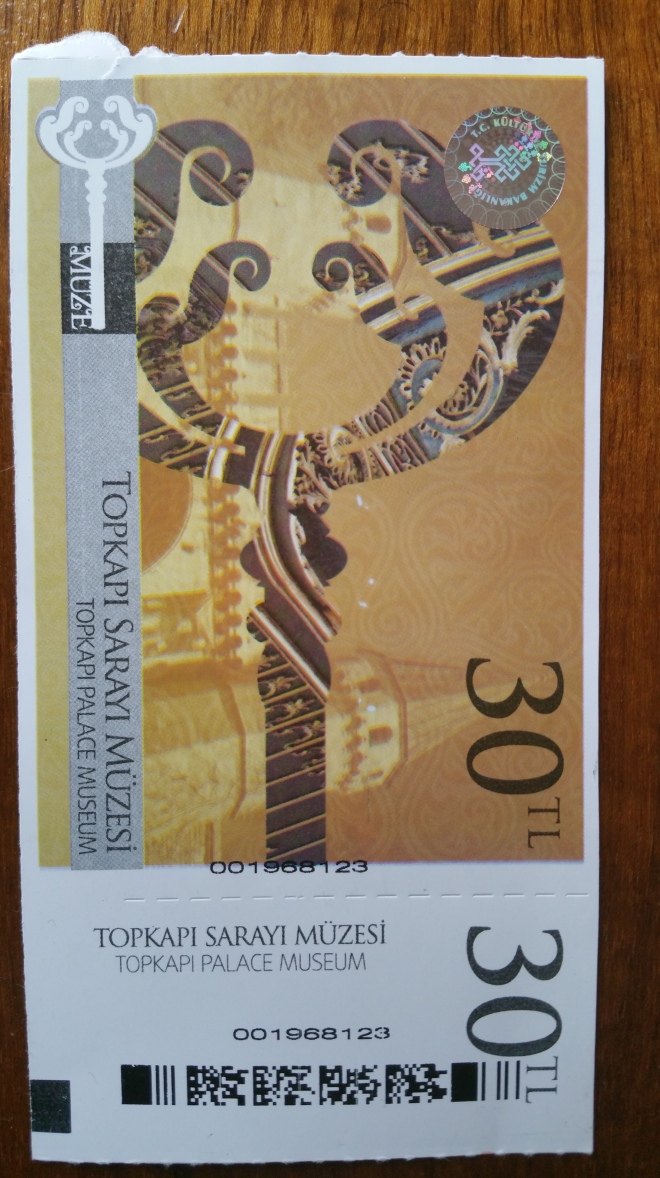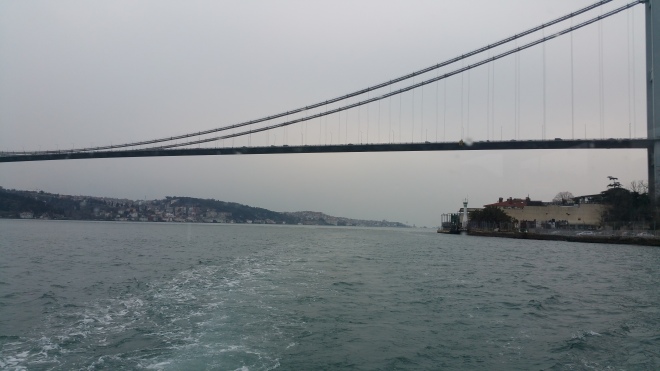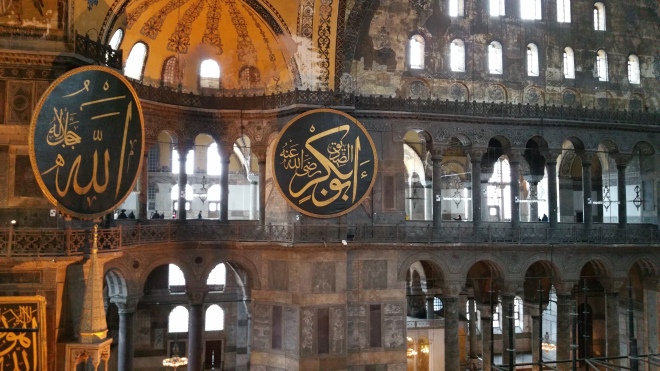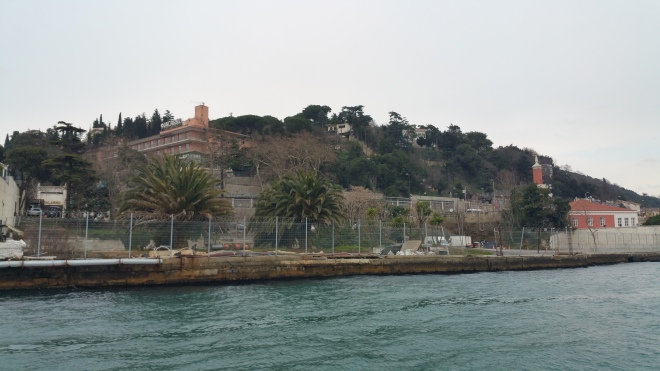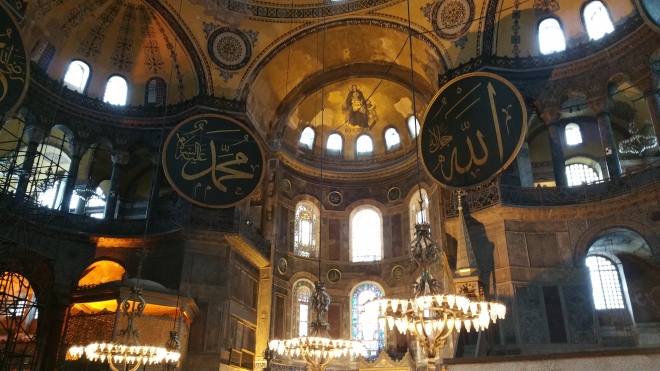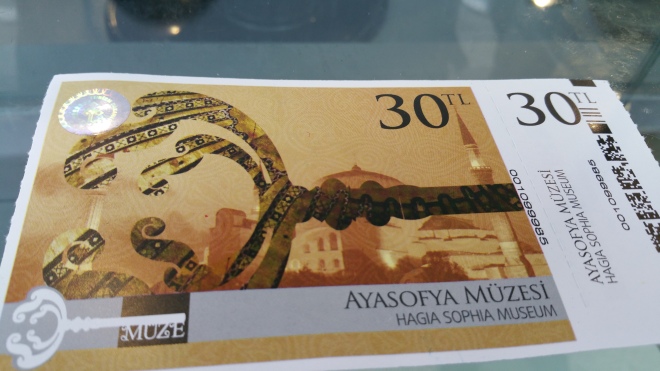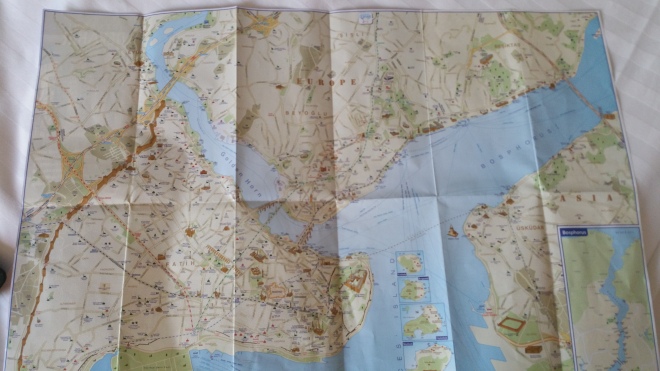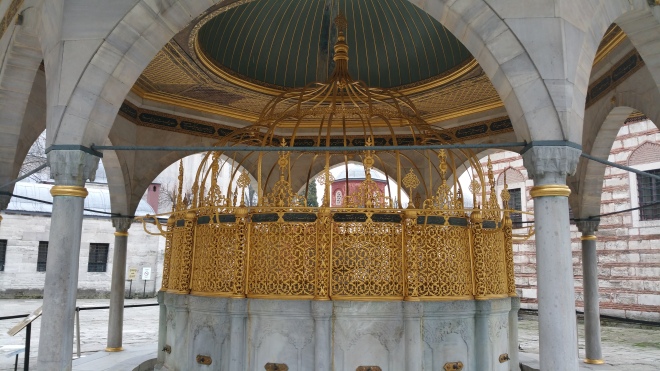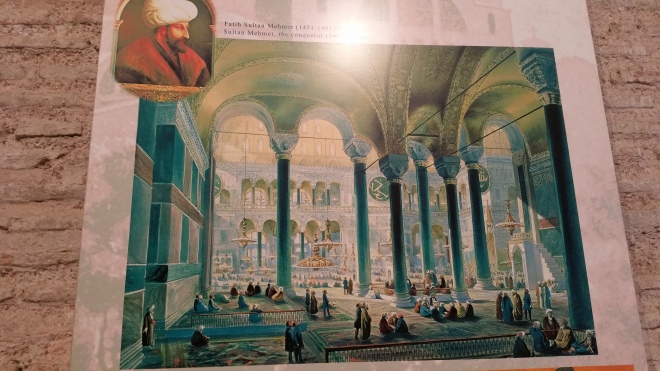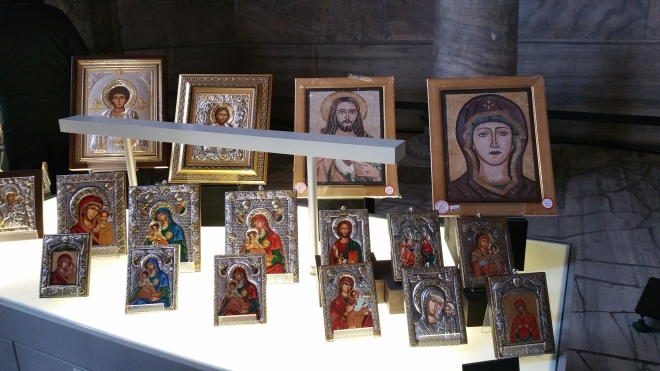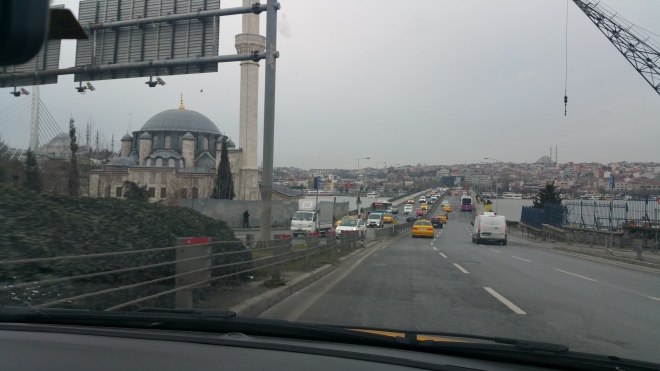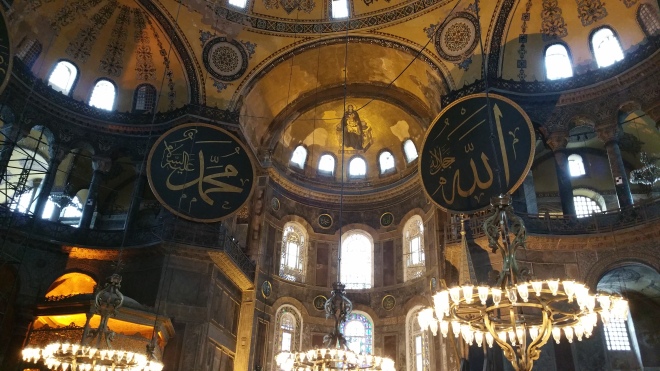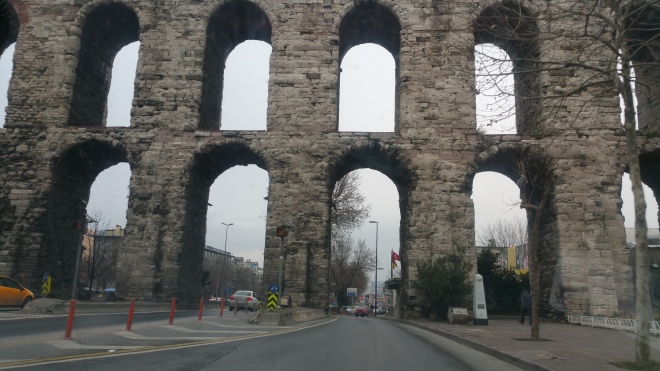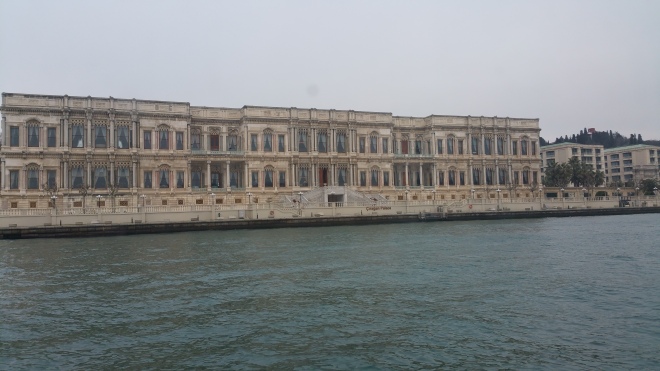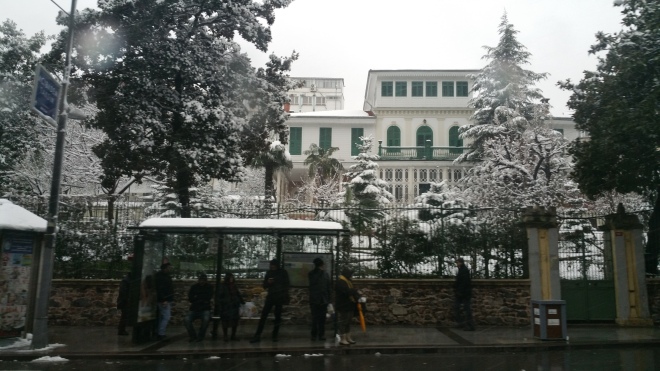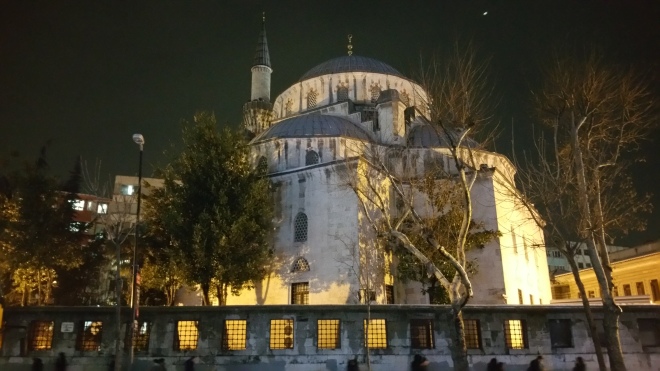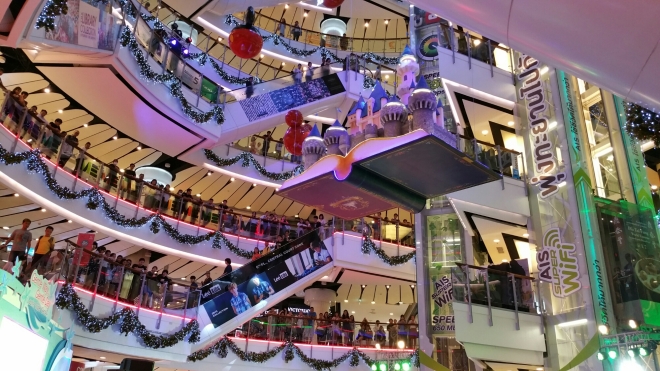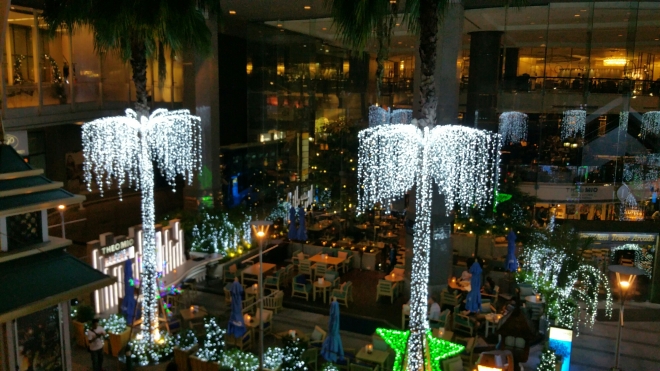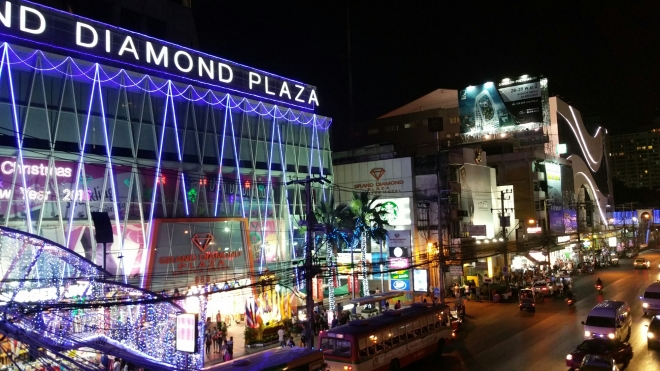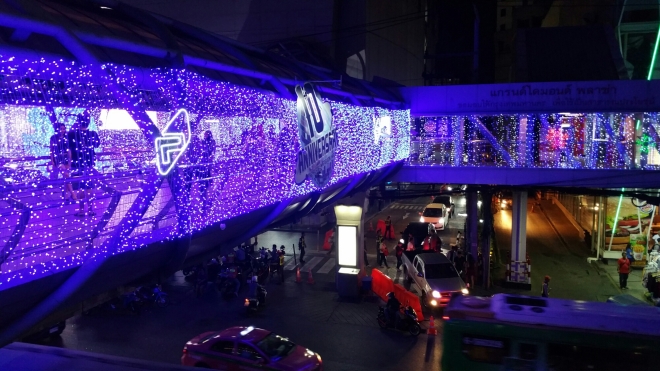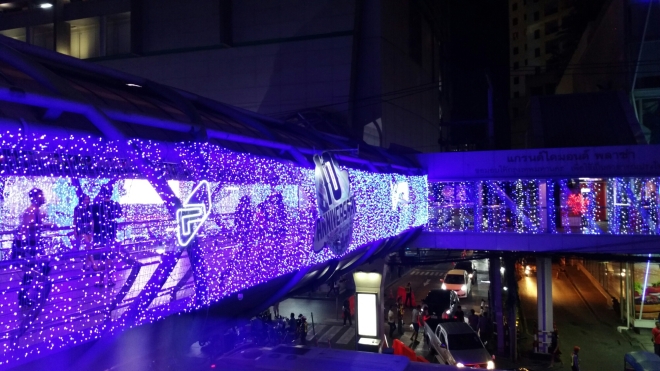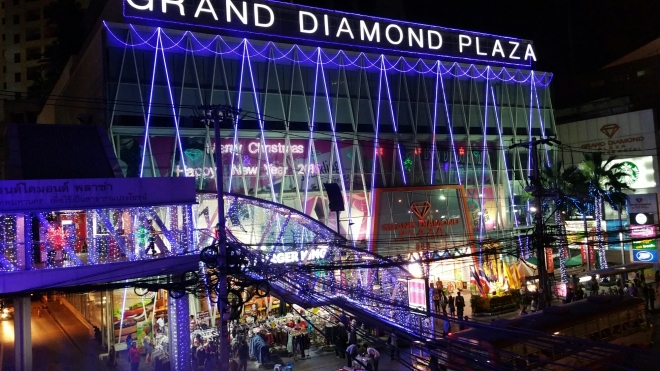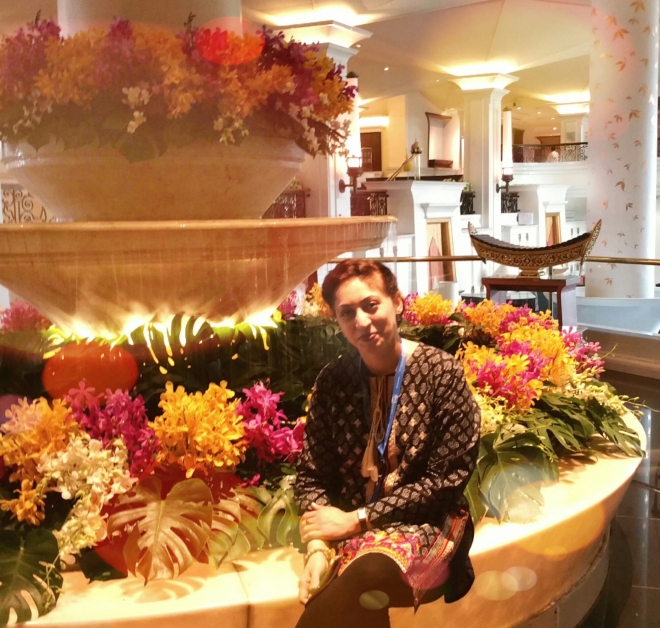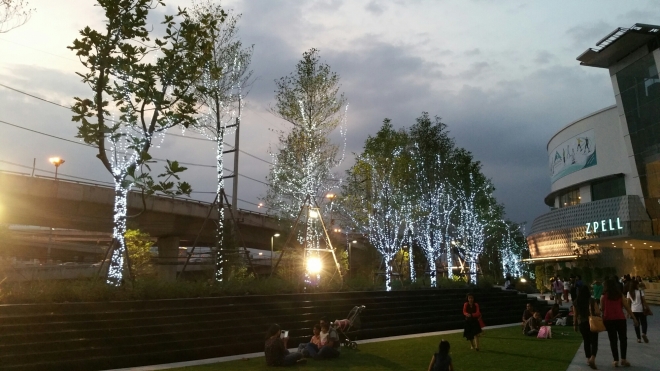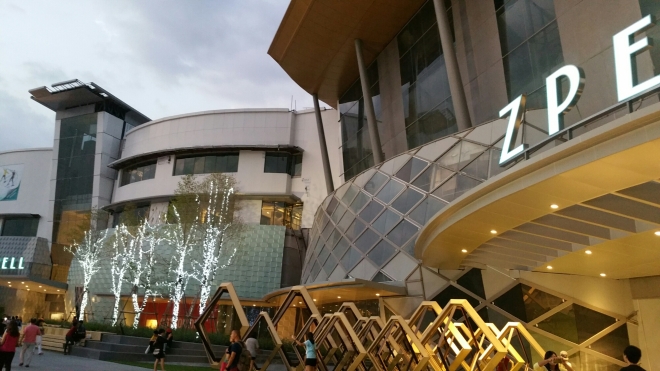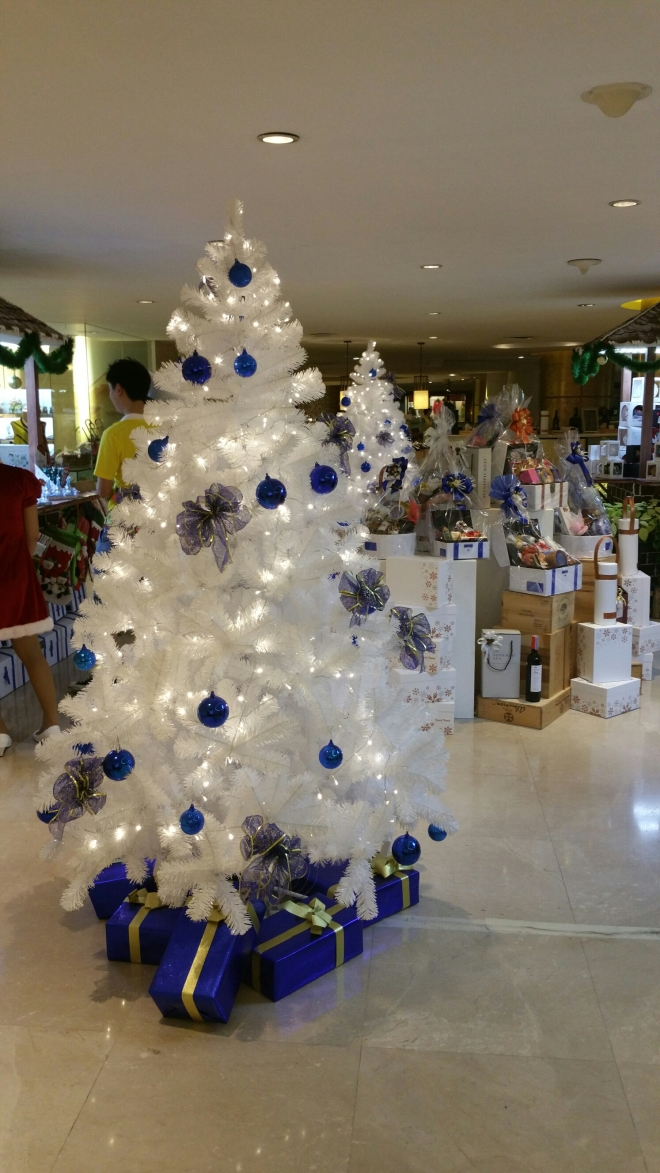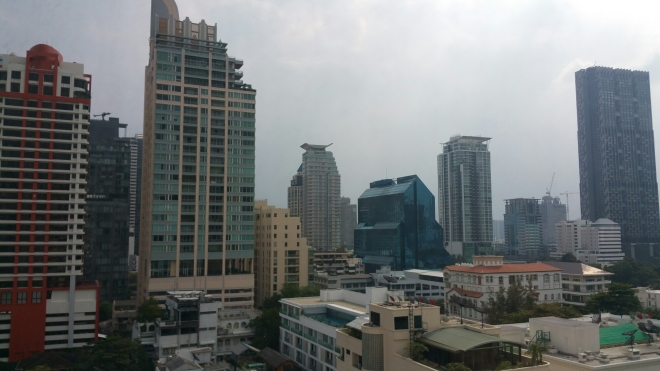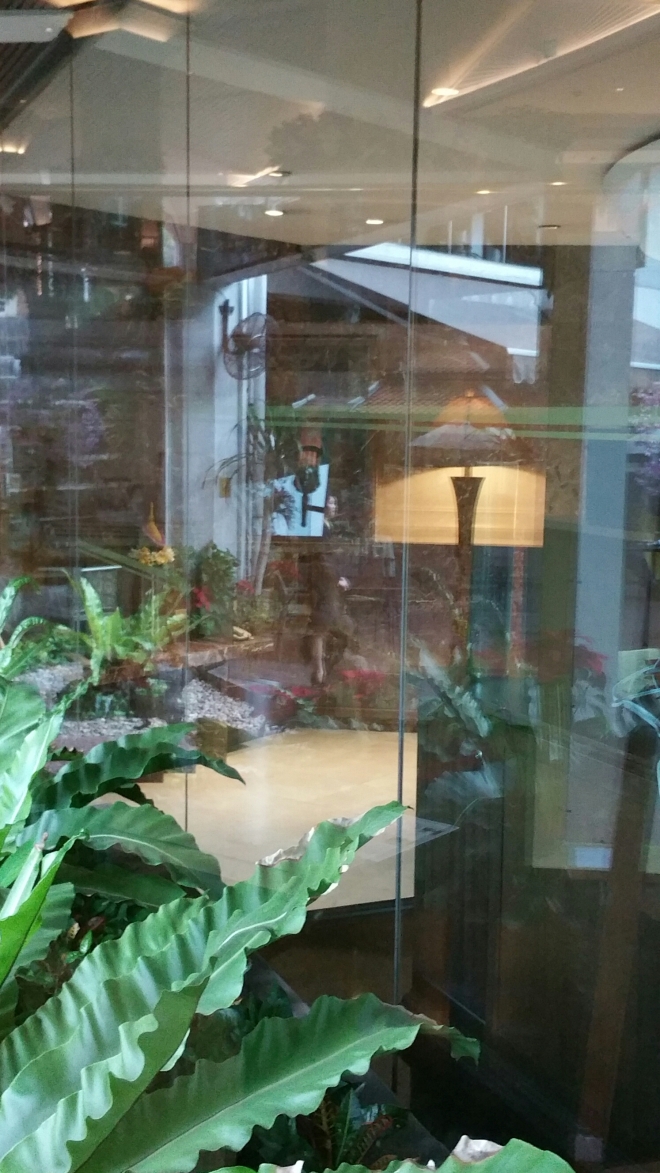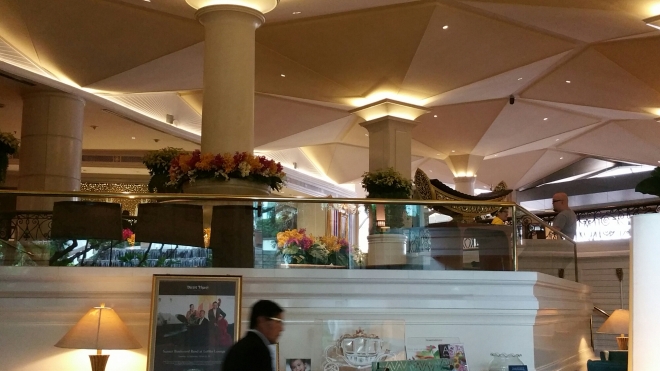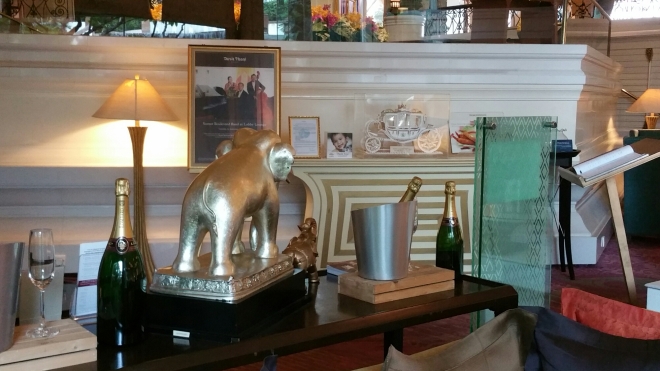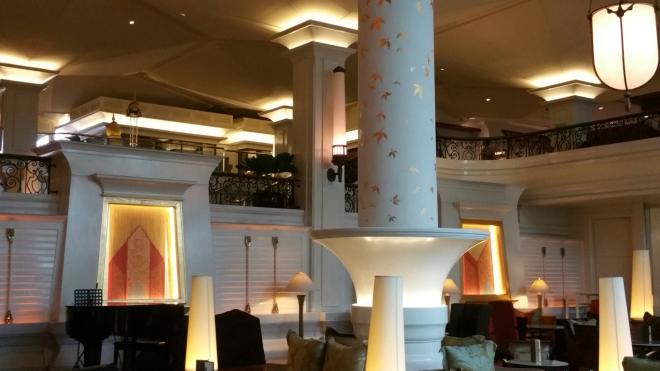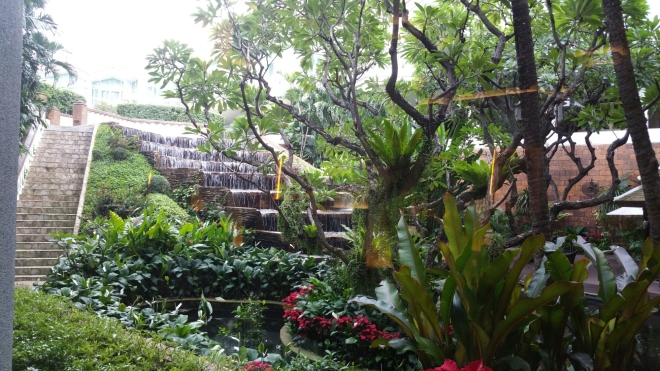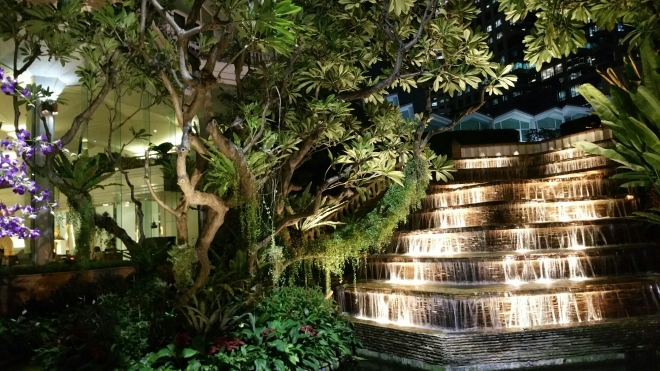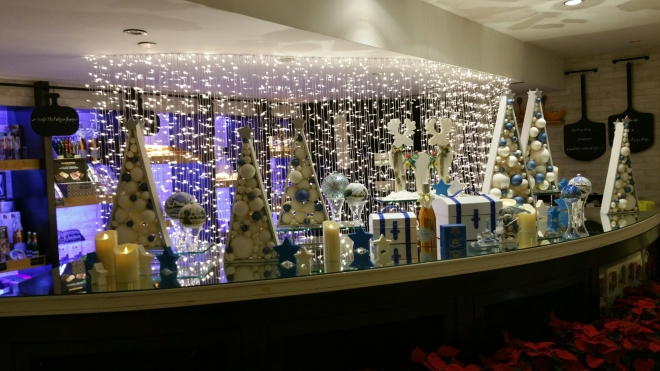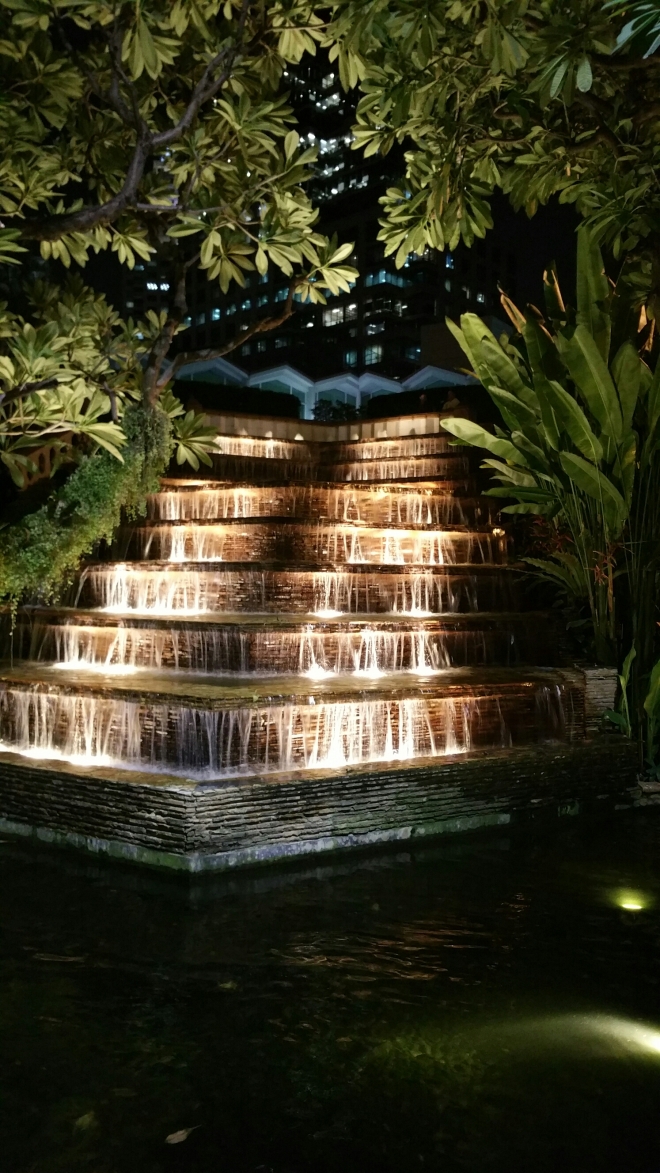“Please sign on this consent form before we undertake surgery of your mother”, staff nurse said in a very usual way as if it was absolutely normal for her to get signatures from relatives, immediate family members on daily basis before surgeon can perform surgery.
The moment she handed over these papers, I controlled my tears to roll out from my eyes in front of my mother, who was lying tenuously on stretcher. Read it thrice to absorb each and every word but my internal tumultuous being was not letting me grasp a single word of it. Informed consent, under the bio-ethical principle of autonomy is required prior to any intervention or procedure done on the patient. After reading these, I handed these papers to my brother and then we both signed with excruciating pain deep inside us. It was such a feeling that one cannot explain it in words or on paper.
My mother was diagnosed, having gall stones six years back. She being a rheumatoid Arthritis patient was then petrified to undergo any procedure due to her consternation of recovery as she is 63 and on top of it, is also hypertensive. Before a week of her surgery, we were in incessant contact with her surgeon to comprehend whether it should be open surgery or laparoscopic. After much deliberations and obtaining various opinions, we were left with little choice that it would be better to opt for open surgery since she is hypertensive and her gall stones were larger to get sucked through laparoscopic procedure.
Finally the day arrived and we got our mother admitted in one of the newly built hospital which has professional & cooperative staff beyond exaggeration. Although this hospital was built in 2014 but within small period of time, they were able to carry out successful renal transplantation which are commendable. It was a small clean room with one bed, sofa and center table and LCD on wall. This was well kept room with adjacent washroom as well.
It was Friday, 15:00 hours, two more hours left for surgery to start. I looked outside the window of hospital, dark clouds, heavy rain and everything so moist. The droplets outside the window were blurring the scenery as the day was yawning into the footholds of an evening. The rain drizzled down the window pane in front of me; my breath made a faint fog on the cold glass and I wrote “I love you mama, get well”. Across the view, it was busy commercial area where cars and motorbikes were passing through as if everyone wanted to reach their destination as early as possible. I could clearly see a rolling bank of misty grey clouds and falling rain. Another rivulet of water trickles past my eye, and I glanced up at the sky. The smoky clouds were beginning to move apart to show small patches of grey sky, yet the rain still is drizzling down; the leafless trees were lifting their bare branches up to catch the droplets moisture; puddles of muddy water were growing on the gravel of our driveway outside hospital, just waiting for time to pass by as quickly as possible but it seems as if clock stopped ticking. This whole scene outside my window seemed grey and depressing to me as I lean my head on the cool glass. Although I always enjoy rainy season but that day, rain was bit depressing for me. Often at times, we experience storms of varying intensity and turbulence, periods of dark and light, vivid color and drab dullness in the outer world and in the inner world, the transient nature of the thoughts and feelings that can seem to define us are more than weather or outer appearance. Buffeted by high winds, by cold and rain, we endure period of dullness as well as savoring moments of joy and uplift. This is how life is defined for human beings.
I kept on thinking about helplessness of human beings when their near and dear ones are sick or ill and how they feel when they are in such miserable condition to extend help or support and are not able to do anything except to help them but this thinking of sending my mother into operation theater was so traumatic that I gathered lot of courage not to melt myself down in front of her. I kept roaming around the operation theater, thinking this is the place where they will be taking my mother for surgery. I discussed in detail which kind of anesthesia, surgeons will be using because at times, it is not surgery rather anesthesia that matters a lot in saving life during or after surgery. When preparing for surgery, many people think of the anesthesiologist as just the person behind the mask who puts them to sleep and wakes them when it’s over. They may not realize the comprehensive medical care the physician anesthesiologist provides between those two points and beyond. Physician anesthesiologists play a vital role in a patient’s medical care, making decisions to protect and regulate critical life functions. They serve as the patient’s advocate and typically are the first ones to diagnose and treat medical problems or complications that may arise before, during and after surgery. They have a wide range of knowledge about medications and how the human body works and responds to the stress of surgery at all stages of a procedure. Think of physician anesthesiologists as your seat belt during surgery: When there is an emergency or complication, they can save your life. Anesthesiologist usually delivers the anesthesia medications through an intravenous line in patient’s arm. Once patient asleep, the anesthesiologist inserts a tube into mouth and down the windpipe. The tube ensures that patient get enough oxygen and protects lungs from blood or other fluids, such as stomach fluids. They also adjust medications, breathing, temperature, fluids and blood pressure as needed during the surgery. Any issues that occur during the surgery are corrected with additional medications, fluids and, sometimes, blood transfusions.
Captivated by these procedural thoughts, we heard a knock at our door and staff nurse came into the room as she would like to have my mother blood pressure checked.
“Your blood pressure is 130/80, which is normal for a person who is on steroids”, she said to my mother. I looked into eyes of my mother assuring her that everything will be fine, I pressed her hands and made her feel relax so that she could overcome her apprehensions about surgery.
“Come on, you will be alright… nothing will happen to you and you will again be living with us like a normal person..don’t worry”,
I said it while posing bravely in front of her and then both myself and my brother tried to divert her attention by cracking some jokes and sharing witty events of our lives.
Then medical officer came and also asked some questions regarding prescription medications, previous surgeries, allergies , past experiences with anesthesia etc.
Clock turned 17:30 when doctors and nurses came to take her for surgery
“Your turn please, can you kindly put on these clothes”
(They handed over surgical attire including blue gown and a trouser for her to put on) and I assisted my mother to change these. She handed over me her gold ring and earrings that she was wearing and I put those into my handbag with heavy heart. She hugged both of us and say good bye and it was most traumatic time, full of pain and agony for me rather a chilling one.
“Take care of your sister, do not fight with your younger brother, take care of your wife and children”, she said to my younger brother in a most feeble way. I never heard her voice so shaky. Then she walked through the gates of a room where on top of it, “Operation Theatre” was written in bold capital fonts. In front of that room, there were stairs and we both sat over there just like small kids, waiting for their mother without being aware of their surroundings.
That was a weak moment when both I and my younger broke and wept by hiding our tears from each other.
“I am fine, am not weeping, am fine.. Mama will be fine too. Tell me she will meet us naa? she will come back naa?”
He asked me with his red eyes and for a moment I was unable to answer him, unable to respond his questions and put my hand on his shoulder just to tell him that everything will be fine and started looking outside of windows. It was still raining and evening was hiding itself into darker clouds, turning itself into a night. Same roads, on which I used to drive with my mother sitting next to me, I looked towards sky and wondered whether I will be able to drive with my mother again with me and started praying that may the day will come when we all will be together again. It was still raining outside and clouds were still misty and full of water to hit down the ground.
And I was assuming what would they have done with my mother when they took her inside the operation theater, thinking she would be lying on a bed covered with stiff sheets, hair tucked into a surgical hat. Team of doctors would have been arranging what looked like garden tools on a table. A mask would have put over her face and then it was over and she went into deep sleep after passing anesthesia into her body.
After seventy five minutes, the both doors of operation theater got opened and three to four nurses and medical officers were seen dragging my mother’s stretcher out of the room. She was unconscious but was in severe pain as she was whining and crying constantly. It was so troubling watching her in pain as she was recovering from anesthesia affects. It was so hard to hear and so difficult to comfort her. Doctors were constantly monitoring her pulse rate and saturation level. Patients who have had surgery or diagnostic procedures are monitored closely as the effects of anesthesia wear off. She was found to be bit disoriented while regaining consciousness and the recovery room nursing staff closely monitored to ease her anxiety and ensured her physical and emotional comfort.
A pulse oximeter, a clamp-like device was attached to her finger and used infrared light to measure the oxygen saturation level of the blood, usually used to assess respiratory stability. Her oxygen saturation level was too low at 75 instead of 95%, supplemental oxygen was then administered through a face mask. I became so helpless seeing this because general anesthesia can cause a patient’s core body temperature to drop several degrees, retaining body heat to prevent hypothermia and encourage good circulation is also an important part of recovery room care. But after three to four hours and continuous monitoring, she gradually became stable and regained her consciousness.
When she opened her eyes, we were all around her with smiling faces as if it was a rebirth of our mother, as we got her back from turbulent storm. Doctors and medical officers kept visiting her, keeping an eye on her pulse rate, blood pressure and saturation level. And next day, we gave her soft food and drink so that she can rejuvenate her energies back. After two days, we brought her back and we kept taking care of her every step till she recovered fully.
My memories from the hospital will always stay with me as I can never forget or scratch that pain and agony of sending someone near and dear one into Operation Theater and specially mother. Although it was safe and non-complicated surgery but even then, I was unable to bear the painful time. I am thankful to all those who called and were in constant touch with us during these difficult time.
Mothers are special gift of God and defining their love are neither exhaustive not universal. One may end up filling thousands and thousands of papers explaining how lovely this creature is. My mother is my security blanket. She is always encouraging me to reach my full potential. She supported me and always encouraged me to go after my dreams. She taught me what is right and what is wrong, and what I should do when I make a bad decision. She is always a voice of reason in the back of my head, which helped me get through my bad days and make my good days even better. She is the one who taught me how to be compassionate and loving. It’s important to have someone like that in your life; it will help you become the best person you can be.
I love you my Mom!








